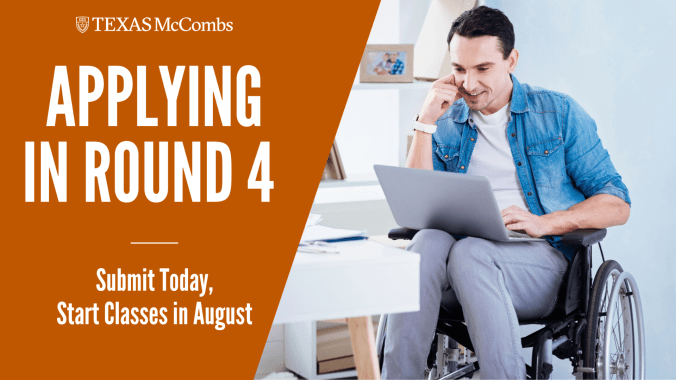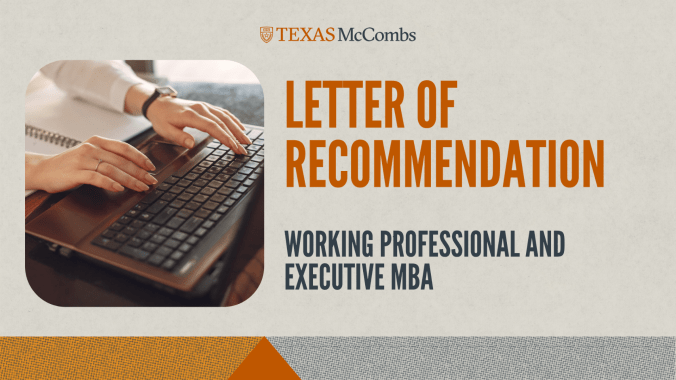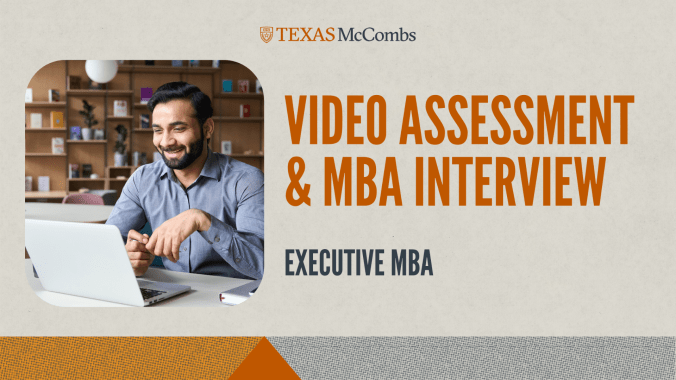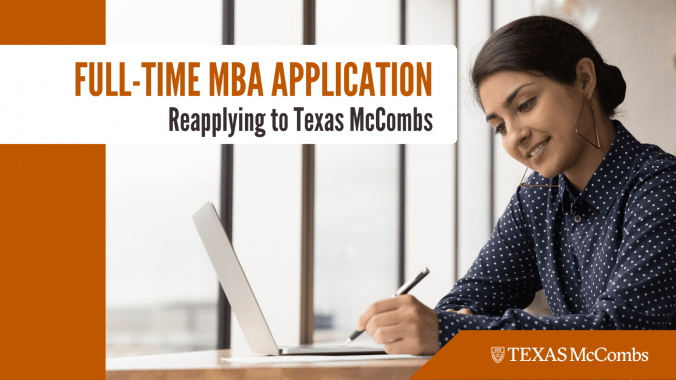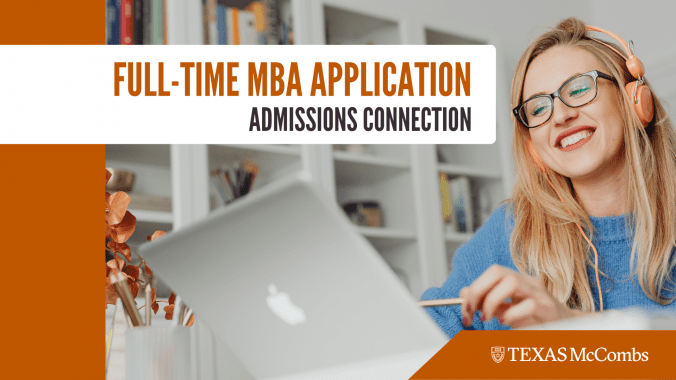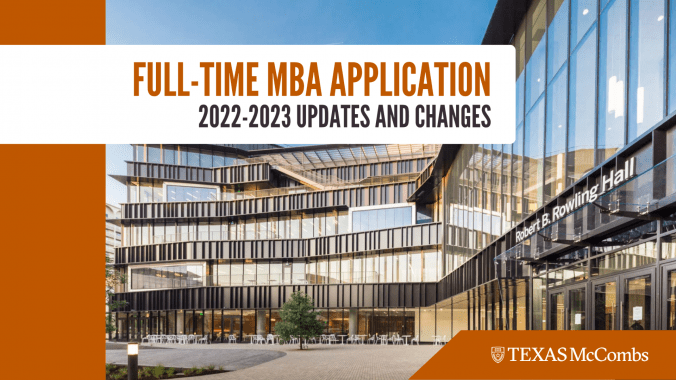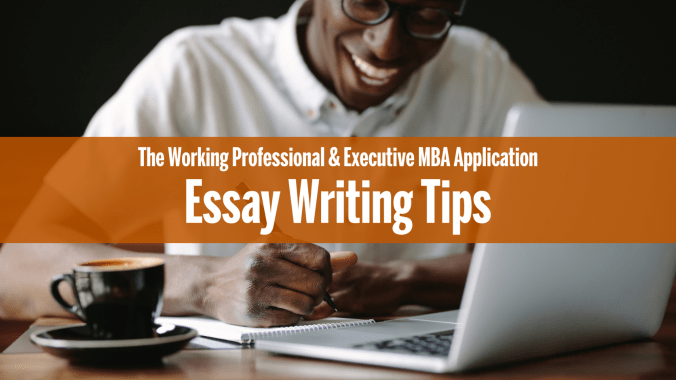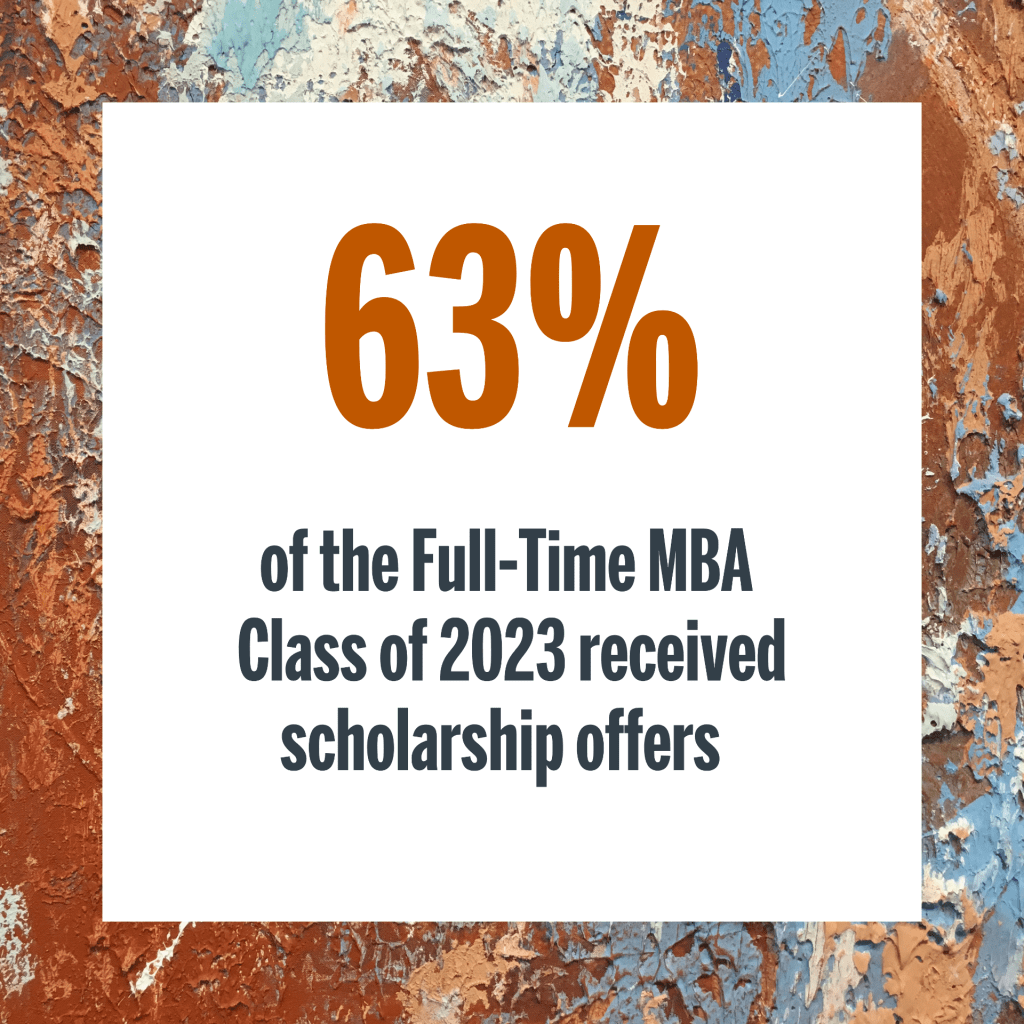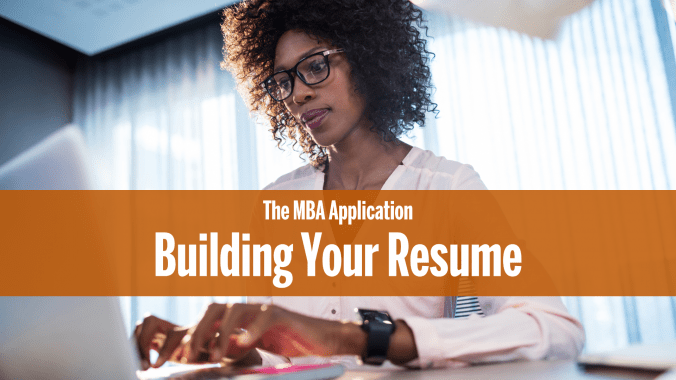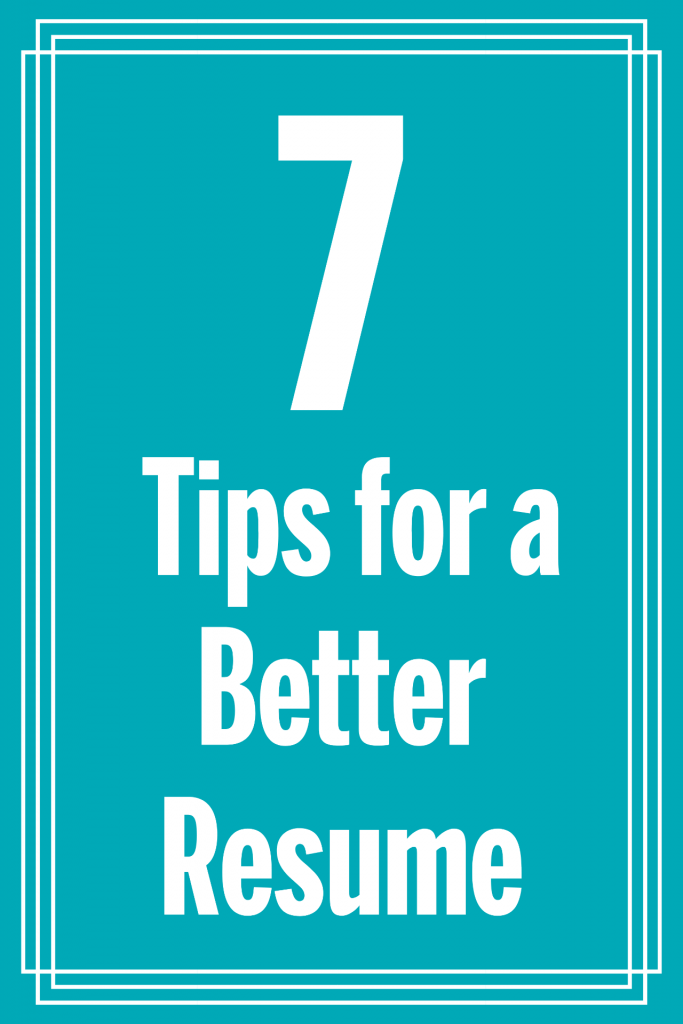Each cycle, the Texas McCombs Full-Time MBA Admissions Team reviews MBA application requirements to ensure our admissions process is as equitable and fair as possible. This upcoming cycle, we are excited to announce some changes to our application components that help reduce bias and ensure our application process continues to be accessible and inclusive.
Being human centered and future focused is at the core of what we do at Texas McCombs, and the updates to our application components were informed by the evaluation processes our MBA students experience in their job search, while also increasing the opportunities for applicants to showcase who they are as an individual. Stay tuned for our blog series on key application components over the summer and mark your calendar for our Full-Time MBA Class of 2025 application opening in August 2022.
APPLICATION COMPONENTS FOR THE 2022-2023 ADMISSIONS CYCLE
Our admissions committee dedicates itself to a meticulous, holistic review of each application. Our objective is to determine if you are a good fit for Texas McCombs and to be sure that we are the right school for you and your goals. There are no fixed criteria or weighted portions of the application. The following application components will be required this cycle:
APPLICATION DEADLINES
Applications for the Full-Time MBA program are accepted in three rounds, and the program enrolls annually every August. Applications must be submitted by 11:59 PM Central Time on the deadline date for each round.
- Round 1: October 11, 2022
- Round 2: January 5, 2023
- Round 3: March 28, 2023
CHANGES TO TESTING REQUIREMENTS
To provide MBA candidates with more flexibility, we are excited to share that applicants have more options than ever before when considering how to complete the standardized test requirement in their application. All applicants are required to submit a GMAT, GRE, or Executive Assessment (EA) score. We will waive the testing requirement if:
- Expired (taken 5+ years ago) GMAT, GRE, or EA score is submitted or
- General Test Waiver (merit-based) is approved
Standardized exams like the GRE, GMAT, and EA help us to evaluate a candidate’s academic preparedness for the rigor of business school and is also one metric used to compare candidates within a large pool of applicants. However, there are some scenarios where a candidate’s application might shine without the standardized test.
Learn more about the criteria required to apply for a general test waiver.
Note that the majority of applicants applying to the Full-Time MBA program take either the GMAT or the GRE due to the competitiveness of the pool. In many cases, having a strong GMAT or GRE score will make you more competitive for both admission and scholarship opportunities. Learn more about the different test options.
CHANGES TO ESSAY REQUIREMENTS
The written essay is a critical means of assessing an applicant’s background and goals, communication and writing skills, and motivation for attending Texas McCombs. In order to streamline the application process, the Full-Time MBA Admissions Team has reduced the number of required essays from two to one.
The essay prompt for the 2022-2023 admissions cycle is as follows:
Picture yourself at graduation. Describe how you spent your time as a Texas McCombs MBA to achieve your personal and professional goals. (500 words)
Additionally, and if applicable, applicants can provide an optional statement in the essay section of the application. Applicants should only provide an optional statement if there is something they wish to explain about their candidacy that is not addressed elsewhere.
VIDEO ASSESSMENT
Texas McCombs is excited to introduce the video assessment as a new application component for the 2022-23 Full-Time MBA admissions cycle. All applicants will complete the video assessment, which will give MBA candidates increased accessibility to the application process and the opportunity to share their story with us in their own voice. Through the video assessment, the Admissions Committee will have a chance to experience the “real” you, beyond a resume, test scores, and transcripts. Lastly, the video assessment will enable Texas McCombs to reduce bias in the admissions process by providing all applicants with a structured and consistent assessment experience.
MBA candidates with a submitted application, whose application fee has been paid or waived will be invited to take part in our Texas McCombs Video Assessment. The video assessment is virtual and on-demand, so applicants can complete it from anywhere in the world at a time in the day convenient to them. The video assessment will help the Admissions Committee evaluate the following competencies that are crucial for the fit and success of our students within the program and their future careers:
| Adaptability/Resilience |
Ambition |
| Motivation |
Career Goals |
| Empathy/Inclusivity |
Verbal Communication |
| Collaboration |
Self-Awareness |
Applicants will be asked to use the video assessment tool to record responses to seven questions, with each response lasting no more than three minutes each. Detailed instructions will be provided with the video assessment invitation so you know what to expect, and applicants will have the opportunity to practice as many times as they wish before completing the final video assessment. Applicants will have seven days from the invitation to complete the final video assessment.
This is your time to show us your personality and enthusiasm! We recommend that you prepare for the video assessment similarly to how you might prepare for an interview. Think reflectively about your work experience, strengths, weaknesses, and practice your delivery. More tips will be provided in the coming weeks.
TEXAS McCOMBS ADMISSIONS CONNECTION
One of the most vital parts of the MBA application process at Texas McCombs is the human component. We pride ourselves on getting to know you at a personal level during the admissions process and will continue to provide hundreds of virtual and in-person ways for you to meet our students, alumni, faculty, and Admissions Team.
We invite all MBA applicants to close out their application process by signing up for a “Texas McCombs Admissions Connection” after completing all other MBA application requirements. These live, virtual get-to-know-you sessions are an opportunity for our applicants to engage directly with a Full-Time MBA student. While not required, registering for and attending an Admissions Connection session is highly encouraged.
These sessions are NOT your traditional admissions interview. MBA applicants will have 15 minutes with a member of the McCombs Ambassador Committee (MAC) to ask questions about the program/student experience, discuss information about their candidacy that is not addressed elsewhere, and align on the next steps in the application process. You will be able to choose your host whenever you register for a slot. There is no evaluative component to this session, although your student host will be able to pass along any information you share to the admissions committee.
Because the session will last approximately 15 minutes, we recommend applicants to come prepared with 3–5 questions about the MBA program and/or next steps in the application process
Admissions Connection FAQs
Texas McCombs is committed to reducing bias while ensuring our application process continues to be accessible and inclusive. By expanding our testing options and inviting all applicants to participate in our new Admissions Connection and Video Assessment components, we are delivering on this commitment in a more equitable way.
The Full-Time MBA 2022-2023 Application will open in August. Stay tuned for our blog series on key application components over the summer. Please sign up for MBA news and follow us on Instagram at @UTexasMBA to stay updated.
Join us at an upcoming event to connect and learn more about Texas McCombs.
Hook ’em!
